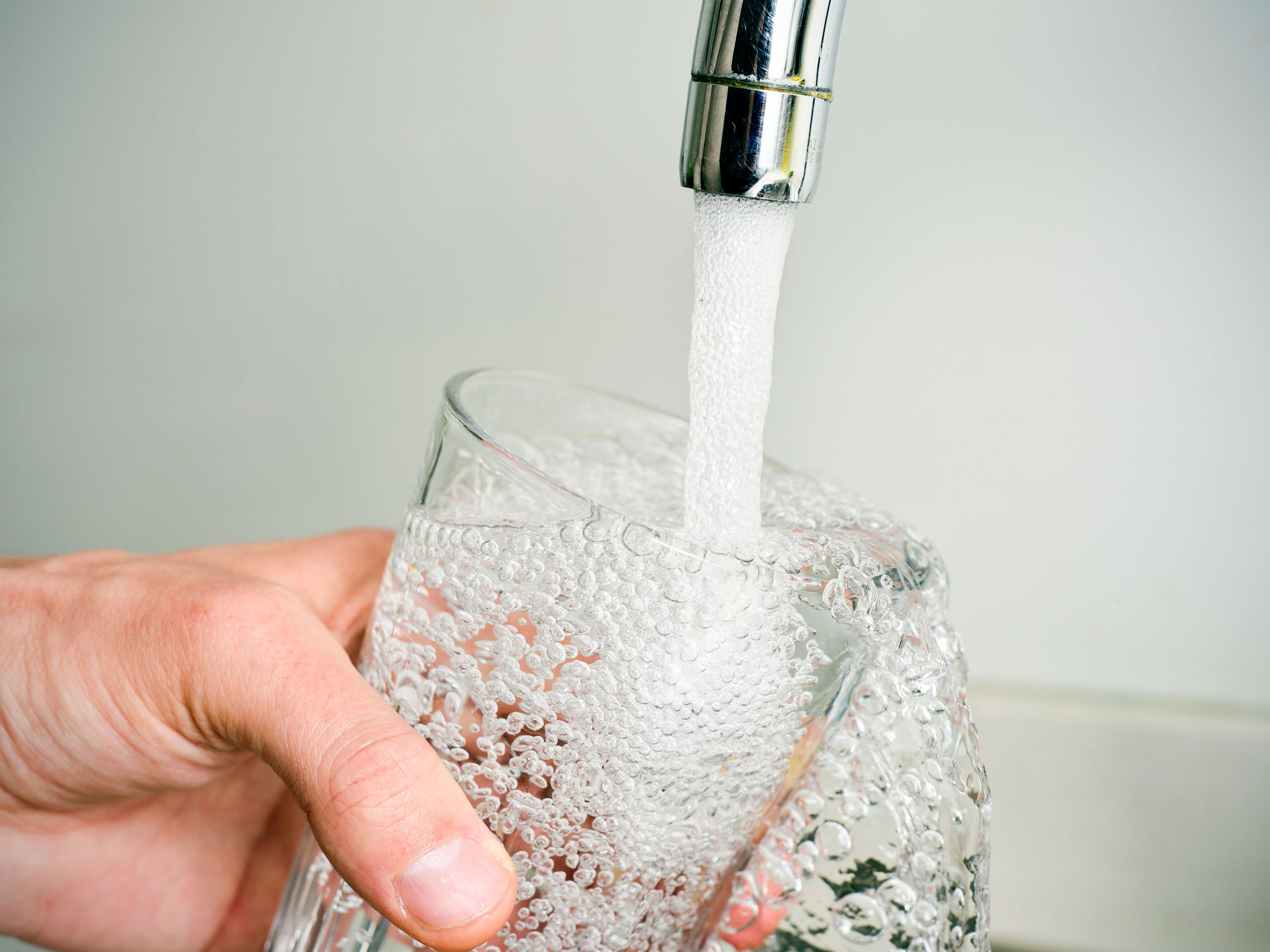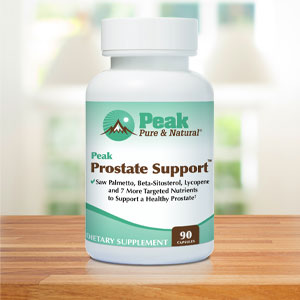Get Easy Health Digest™ in your inbox and don’t miss a thing when you subscribe today. Plus, get the free bonus report, Mother Nature’s Tips, Tricks and Remedies for Cholesterol, Blood Pressure & Blood Sugar as my way of saying welcome to the community!
The drinking water contaminant killing sperm and men

Apparently, the United States is not the only country where the interests of chemical manufacturers come before public safety and health.
The Australian Pesticides and Veterinary Medicines Authority (similar to our Environmental Protection Agency) is, according to Dr. Jon Brodie, “industry-captured.”
Dr. Brodie is a water pollution researcher at James Cook University.
In March 2017, the APVMA ruled that glyphosate, the carcinogenic chemical found in the weed killer Roundup©, “would not be likely to have an effect that is harmful to human beings.”
Even Lee Johnson could not sway their decision.
In August of 2017, Mr. Johnson won a landmark case against Monsanto., even while he was dying of non-Hodgkin’s lymphoma caused by years of exposure to glyphosate during his work as a groundskeeper.
Now, a similar “David and Goliath” battle is taking place in the land Down Under. This one involves another chemical that poses some unique health threats, particularly for men.
Atrazine: the “other” glyphosate
After glyphosate, atrazine is the most frequently used weed-killing chemical in the United States. It has been in use since 1958 and is now the most common chemical contaminant in this country’s water supplies.
While 90 percent of atrazine is used to keep weeds out of corn fields, it is also used on sugarcane, macadamia nuts, and soybeans, as well as in schools, parks, playgrounds, athletic fields, and Christmas tree farms.
The Environmental Working Group’s Tap Water Database has identified 27 states with atrazine in the water supply, affecting 29 million people.
In 2003, the European Union banned the use of atrazine, and with good reason.
Atrazine is an endocrine disruptor. It disrupts the hormones that control our blood sugar, nervous system, thyroid, brain function … pretty much every system in our body.
Australian farmers still spray about 3000 tons of this poison onto their crops each year.
“You can find atrazine in most waterways in Australia,” says Dr. Brodie. “It will be in the drinking water, too.”
“But it will never be banned in Australia, no matter what scientists find – because we have got the weakest pesticide regulator in the whole developed world.”
Sound familiar?
One Australian doctor is particularly worried about what atrazine is doing to men.
“They’re using the wrong test”
The APVMA, the same Australian agency that thinks glyphosate is safe, has also decided that exposure to low levels of atrazine poses no real health threat to humans.
But Dr. Andrew Pask disagrees. Strongly.
In a recently published study, Pask and his colleagues at the University of Melbourne show that it is not large doses that do the most harm, but small amounts.
In the study, mice were fed atrazine-spiked water (at levels considered safe by APVMA standards) for eight weeks.
At the end of this time, the mice had significantly reduced sperm count, and the sperm they did produce was of low quality. Atrazine appeared to convert testosterone to estrogen, basically feminizing the male mice.
This supports earlier research. In 2002, a team at the University of California found that atrazine turned male tadpoles into hermaphrodites (having both male and female reproductive characteristics).
Infertility can shorten lives
Dr. Pask is right to be concerned. There is evidence that low sperm count is associated with serious health problems for men.
A study of 5,177 men found those with low sperm counts to be 20 percent more likely to have too much body fat, high blood pressure and elevated levels of “bad” cholesterol.
In other words, they are more serious candidates for metabolic syndrome.
Dr. Alberto Ferlin, professor of endocrinology at the University of Bresci in Italy, notes that “infertile men are likely to have… co-existing health problems or risk factors that can impair quality of life and shorten their lives.”
How to avoid atrazine
The only way to avoid ingesting atrazine along with your drinking water is to use a water filter. Be sure your filter specifically states that it removes atrazine. Here is a list of these from the Environmental Working Group.
The other way to avoid contaminated water is to eat organic and locally-grown fruits and vegetables from farms that you know are not using atrazine and other pesticides.
Sources:
- Chemical in water linked to low sperm counts in mice — The Sydney Morning Herald
- Men with low sperm counts at increased risk of illness, study suggests — BBC News
- Herbicide causes frog sex change — Australian Broadcasting Corporation
- Demasculinization and feminization of male gonads by atrazine: Consistent effects across vertebrate classes — The Journal of Steroid Biochemistry and Molecular Biology
- Exposure to atrazine during puberty reduces sperm viability, increases weight gain and alters the expression of key metabolic genes in the liver of male mice — Reproduction, Fertility and Development













